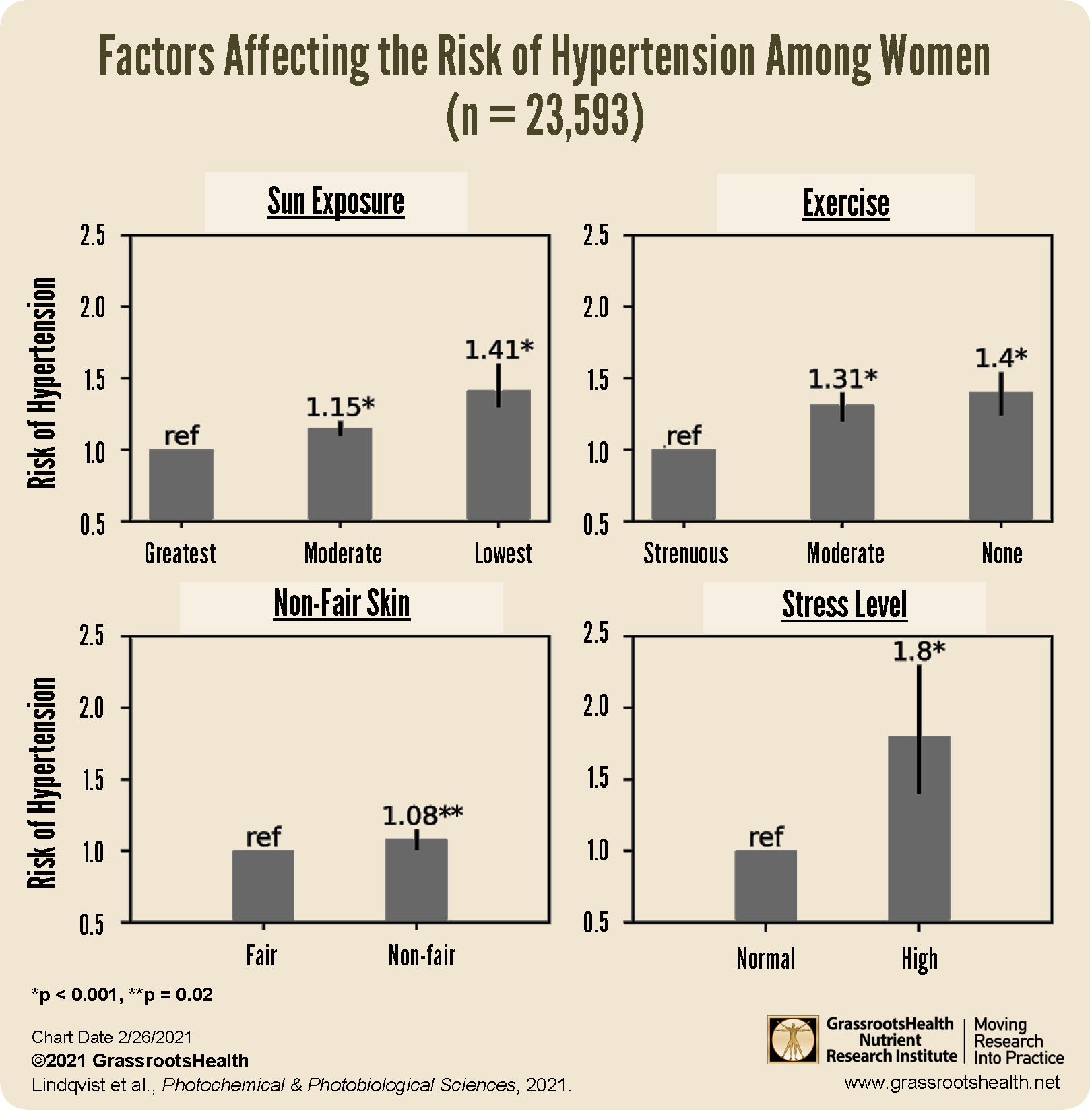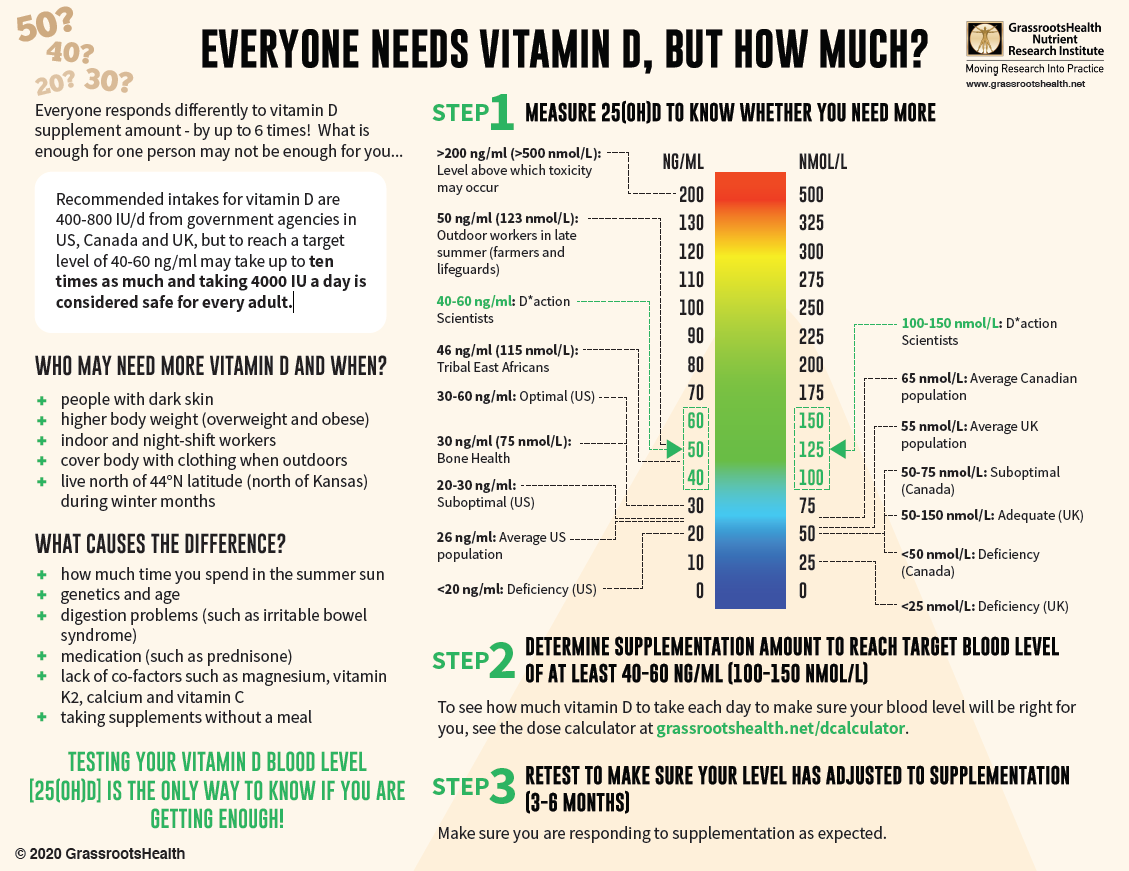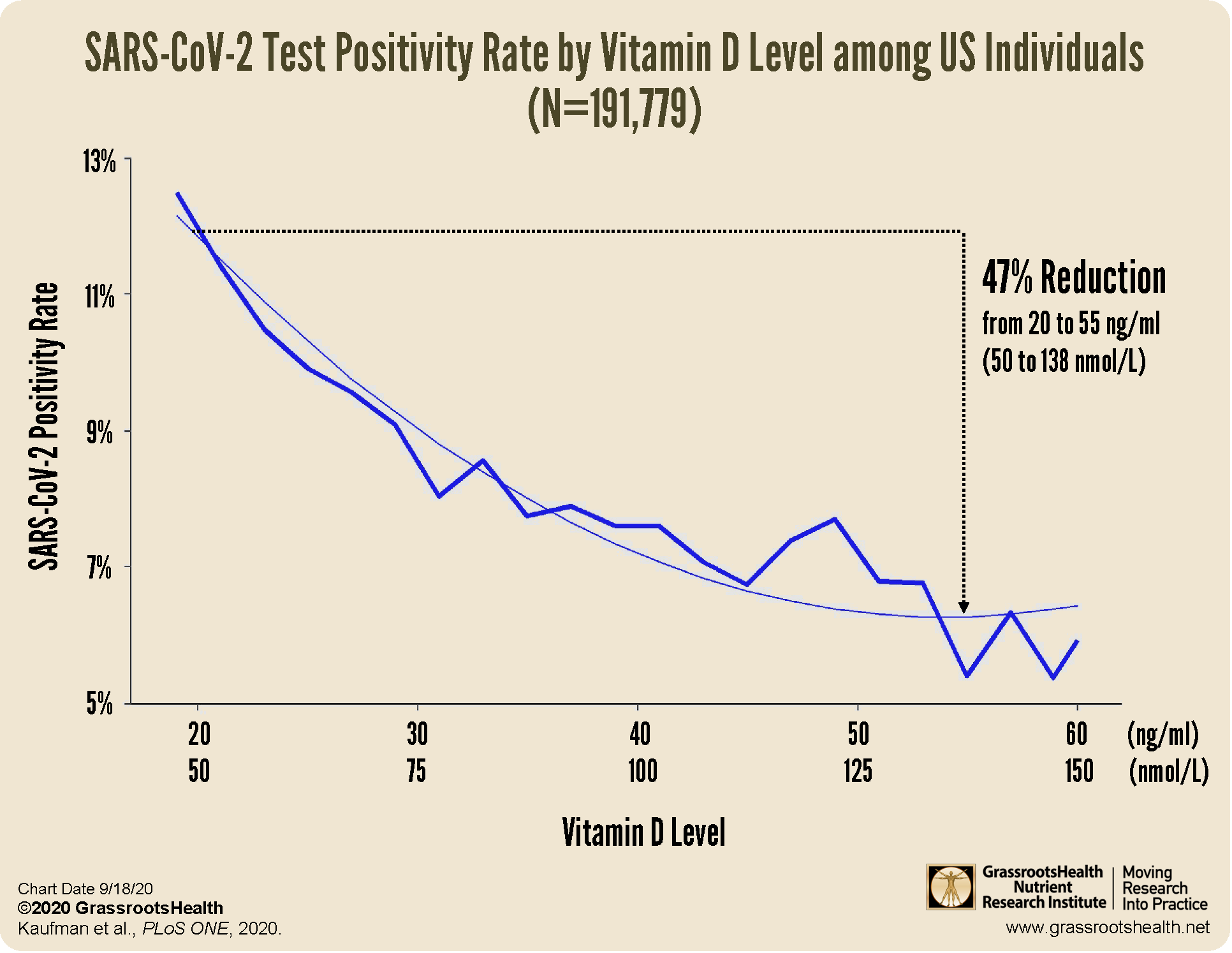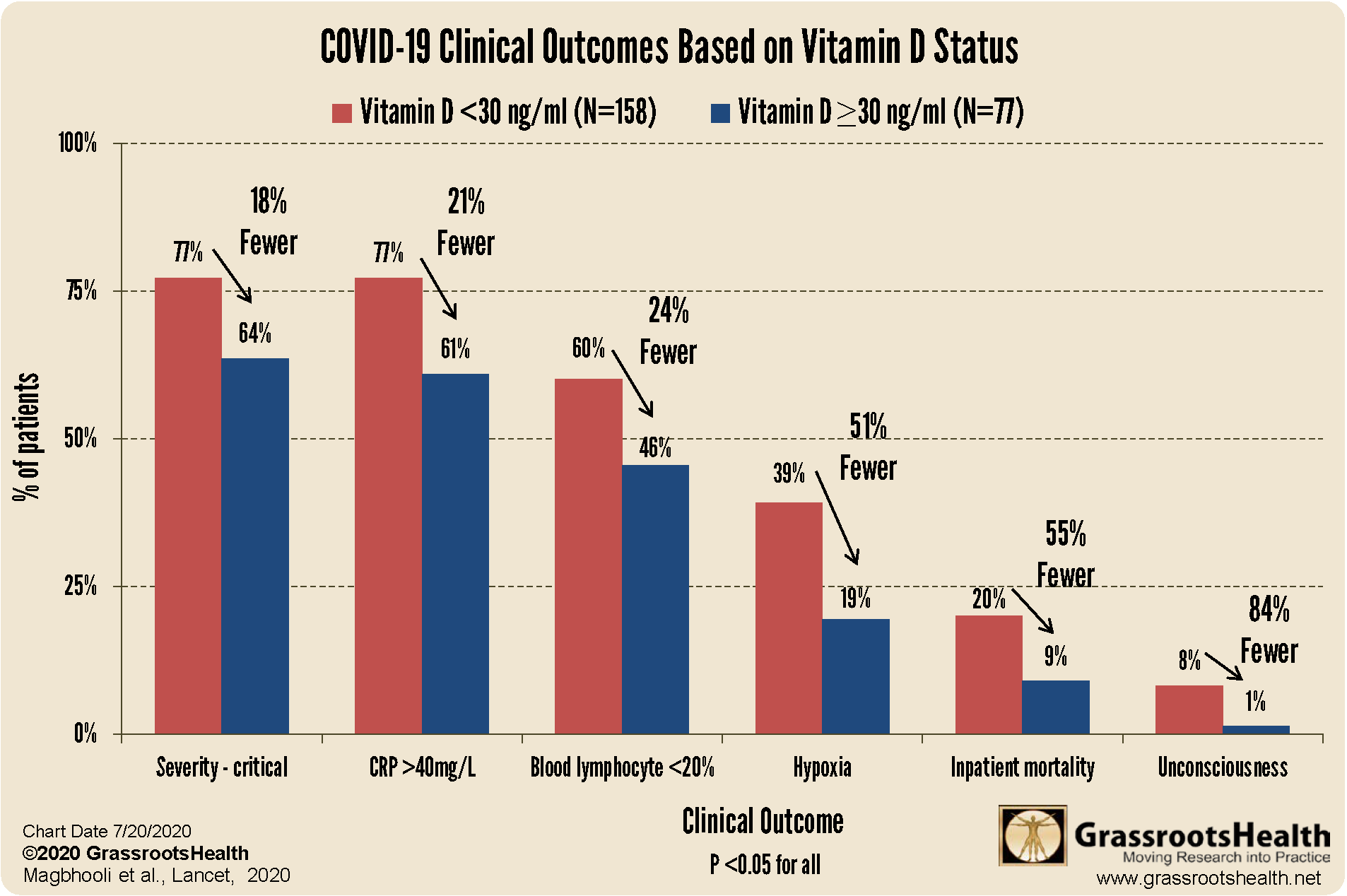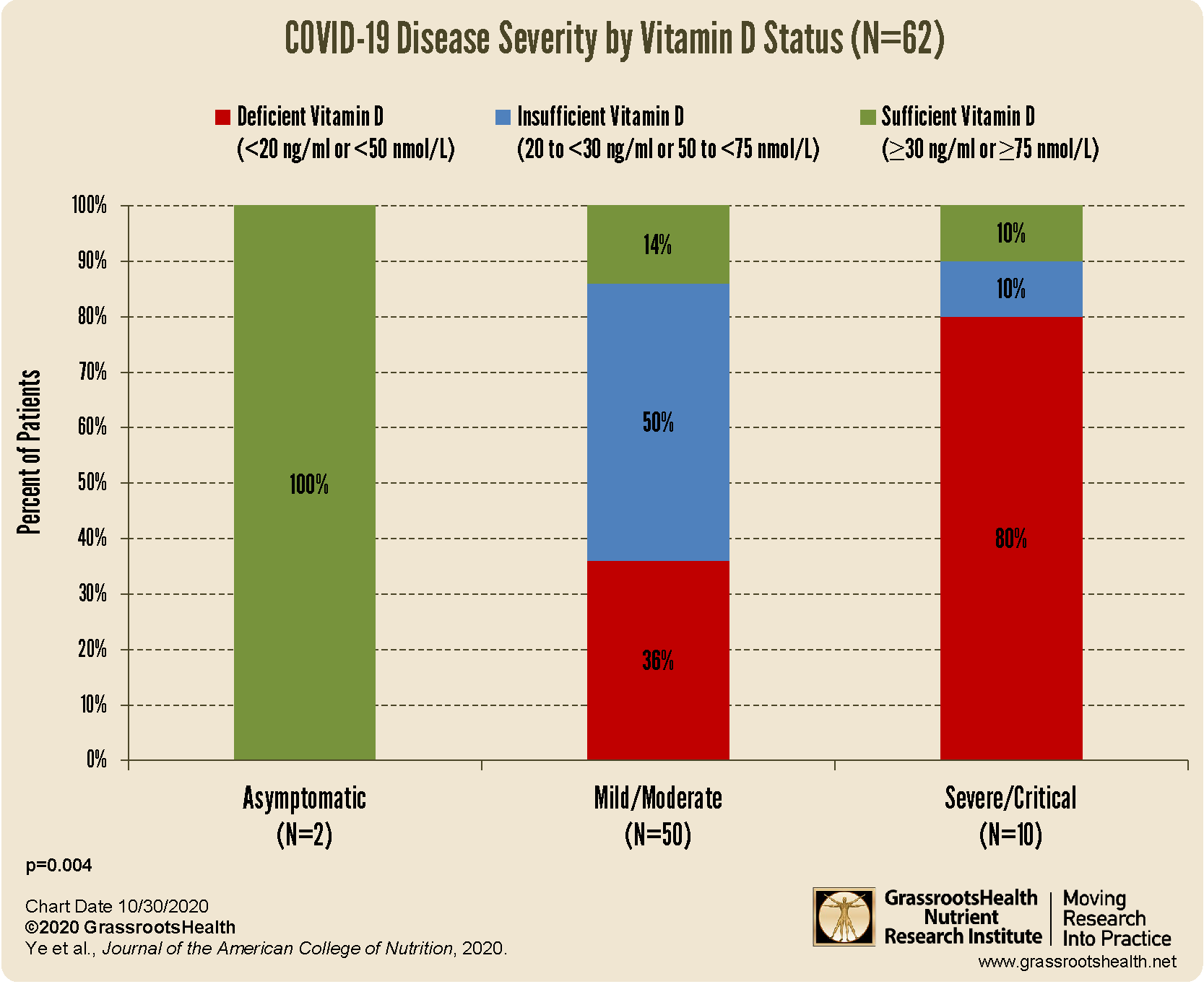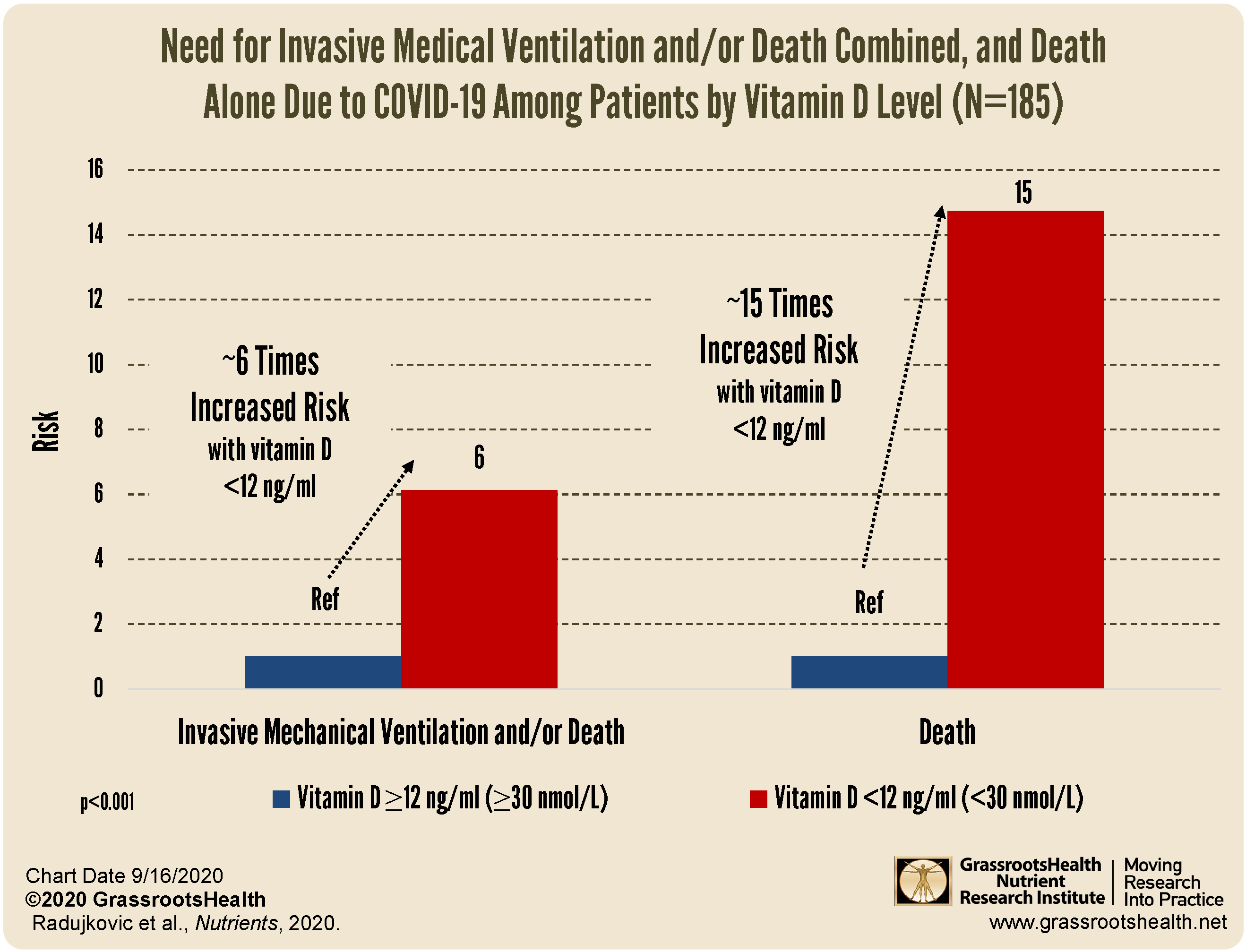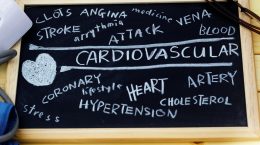Published on May 7, 2021
Vitamin D and nitric oxide are both vital to cardiovascular health, and are produced in the body with UV exposure from sunshine
 Many studies have been published showing the relationship between increased sun exposure and improved health outcomes, including a decreased risk for cardiovascular disease and mortality. In fact, research suggests that avoidance or lack of sunshine may be a risk factor for increased blood pressure and death from heart attacks, with one study concluding that avoidance of sunshine resulted in a shorter life expectancy comparable to the shortened life expectancy of smokers!
Many studies have been published showing the relationship between increased sun exposure and improved health outcomes, including a decreased risk for cardiovascular disease and mortality. In fact, research suggests that avoidance or lack of sunshine may be a risk factor for increased blood pressure and death from heart attacks, with one study concluding that avoidance of sunshine resulted in a shorter life expectancy comparable to the shortened life expectancy of smokers!
Sunshine Exposure Could Improve Hypertension
Hypertension is a leading underlying factor for all cardiovascular diseases and death. One large cohort study by Lindqvist et al. looked at data from 23,593 women and found that, compared to those with the greatest amount of sun exposure, women with low sun exposure habits had a 41% higher risk of hypertension, and women with moderate sun exposure habits had a 15% higher risk (p<0.001).
As illustrated in the chart above, additional findings from the study included an 80% increased risk of hypertension among women with chronic high stress (p<0.001), a 31% and 40% increased risk of hypertension among women who had moderate or no exercise compared to strenuous exercise (p<0.001), and an 8% increased risk among women who had non-fair skin (p=0.02).
Are These Heart Healthy Benefits from Sunshine due to Vitamin D Alone?
As the “sunshine vitamin,” vitamin D tends to steal the spotlight when it comes to health benefits offered by the sun. In terms of cardiovascular health, research has shown that vitamin D has a direct effect on vascular cells and plays a role in normalizing blood pressure, blood sugar, calcifications, and smooth muscle function. Cardiovascular diseases that have been associated with low vitamin D include hypertension, peripheral artery disease, congestive heart failure, and atrial fibrillation.
However, vitamin D is not the only signaling molecule that can affect cardiovascular health and is released from the skin into circulation upon exposure to sunshine. In addition to vitamin D-producing UVB light, the sun also emits UVA light which initiates the production of nitric oxide.
What does Nitric Oxide (NO) Do?
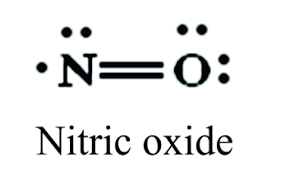 Scientists now understand that one of the reasons for the link between sun exposure and cardiovascular health is the sunshine’s role in the metabolism and release of nitric oxide. Studies have also linked nitric oxide and regular UV exposure to decreased metabolic dysfunction and improved glycemic control, which can contribute to improved cardiovascular health.
Scientists now understand that one of the reasons for the link between sun exposure and cardiovascular health is the sunshine’s role in the metabolism and release of nitric oxide. Studies have also linked nitric oxide and regular UV exposure to decreased metabolic dysfunction and improved glycemic control, which can contribute to improved cardiovascular health.
Nitric oxide has several effects within the body, including anti-inflammatory, anti-oxidant, and anti-thrombotic effects, and it is important for healthy endothelial function. Nitric oxide also helps to regulate immune cells such as macrophages. Benefits from increased nitric oxide production include dilated coronary arteries, lowered blood pressure, and reduced risk of angina – a condition characterized by severe chest pain and inadequate blood supply to the heart.
Some of the ramifications of not having enough nitric oxide are reviewed in this video with Dr. Louis Ignarro, a medical research scientist who was awarded the Nobel Prize in Medicine for his breakthrough discovery of nitric oxide and its positive impacts health and longevity.
Dr. Ignarro describes the effect of nitric oxide on cardiovascular conditions, including male and female erectile dysfunction, and the importance of nitric oxide for brain function – specifically for promoting learning and memory recall. He mentions an interesting fact – the brain has more nitric oxide than any other tissue within the body, and is possibly one of the most important signaling molecules in the brain. There is much more to be discovered about this important molecule’s effects within the body.
A Dermatologist Promoting Sunshine Exposure?
Dr. Richard Weller, a world renowned dermatologist and researcher in the field, gave a TED talk about the benefits of sun exposure for nitric oxide production and reduced blood pressure. From the perspective of a dermatologist, he mentions the prevalence of heart disease compared to skin cancer and explains why the pros of sunshine exposure may outweigh the cons. Of course, people need to be careful not to burn or spend too much time in the sun, but the benefits that we do get from the sun may support a reduction in cardiac events due to improvements in overall blood flow.
A study published by Weller et al. in 2020 tested if environmental UV exposure had an effect on systolic blood pressure (SBP) in a cohort of over 340,000 chronic hemodialysis patients and found that temperature, UVA (which produces nitric oxide), and UVB (which produces vitamin D) were all inversely related to SBP. In addition, the authors found that pre-dialysis SBP varied by season and was approximately 4 mm Hg higher in black patients than white patients. The results of this study raise the concern that insufficient sun exposure may be a risk factor for hypertension in the general population, and even more so for the black population.
Are You Relying on Sunshine for Your Vitamin D? Make Sure You Are Getting Enough
With almost 90% of the general population having vitamin D levels below the recommended 40-60 ng/ml (100-150 nmol/L), it is obvious that most people need more vitamin D. While most of us cannot achieve a vitamin D level of 40-60 ng/ml from sun alone, either due to our lifestyle, where we live, or other circumstances, we can certainly reach those levels with the right amount of supplementation.
Below is a guide for how much you might need, and who may need more. Your levels can be tested safely at home – order your home test kit today.
By joining the GrassrootsHealth projects, you are not only contributing valuable information to our study, but you are also gaining knowledge about how you could improve your own health through measuring and tracking your nutrient status, and educating yourself on how to improve it. Do you know what your status of vitamin D, omega-3s, and other essential nutrients is? Could your levels be improved? Test now to find out!
 We now have a NEW GIFTING SERVICE that allows you to quickly send ‘Gift Cards’ to friends, family and coworkers who you consider might need immediate access to testing, and to Claim the Joy of Your Health TODAY. Give the gift today!
We now have a NEW GIFTING SERVICE that allows you to quickly send ‘Gift Cards’ to friends, family and coworkers who you consider might need immediate access to testing, and to Claim the Joy of Your Health TODAY. Give the gift today!
What does the Research Say about Vitamin D & COVID-19?
It’s TIME to start saving lives! If you can help PREVENT the majority of the death, it’s time! What’s it costing you/us not to take action NOW?
There is much published research that supports a clear link between vitamin D and COVID-19 showing that higher vitamin D levels are related to:
a decreased risk of testing positive for COVID-19
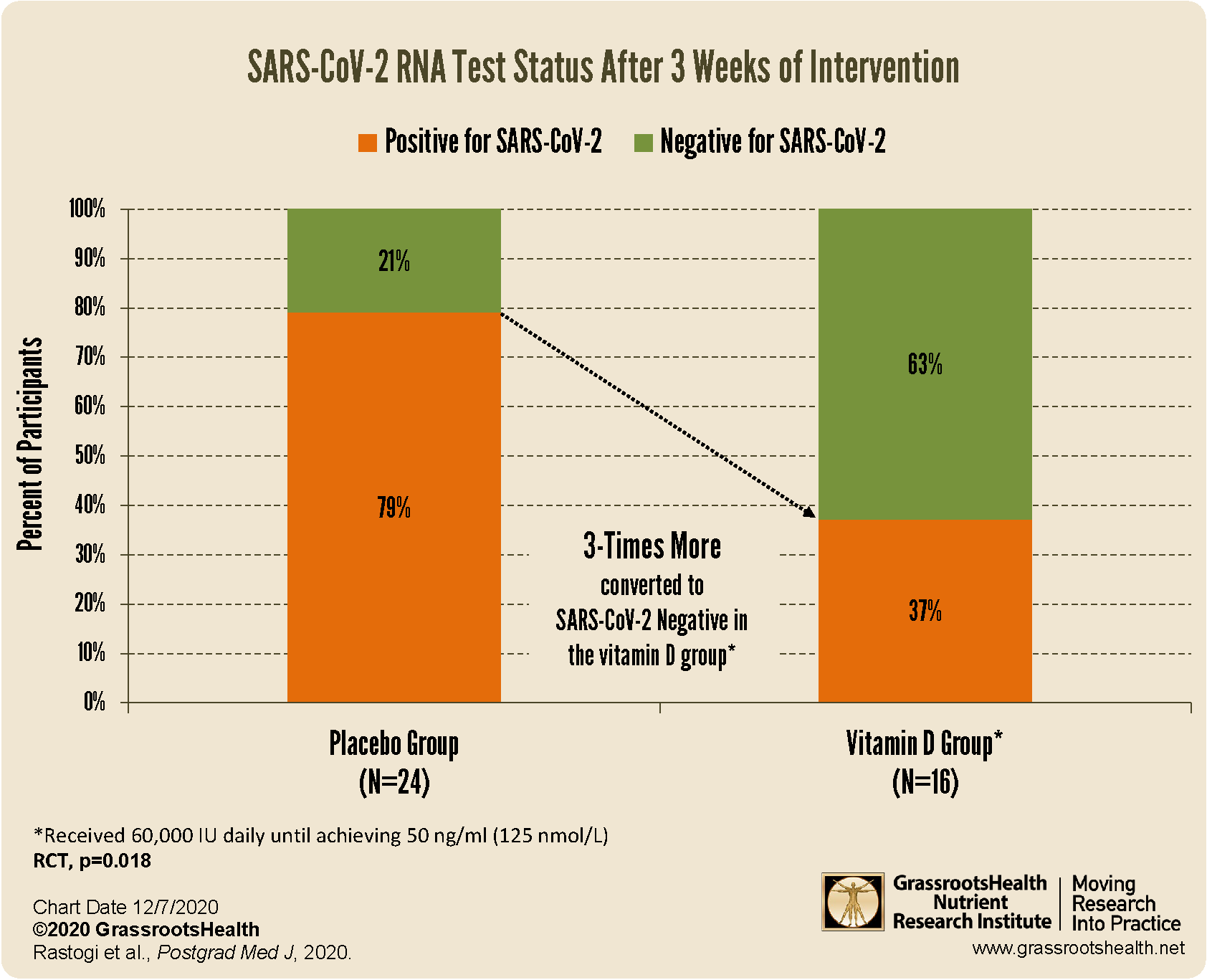 increased viral SARS-CoV-2 RNA clearance
increased viral SARS-CoV-2 RNA clearance
better clinical outcomes among patients with COVID-19
decreased risk of death due to COVID-19
Be sure to educate yourself on the benefits and importance of vitamin D for immune health, and take steps to ensure you and your loved ones are getting enough.
You can review all of the COVID-19 and immune health information we have shared on this page.


